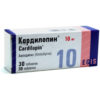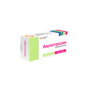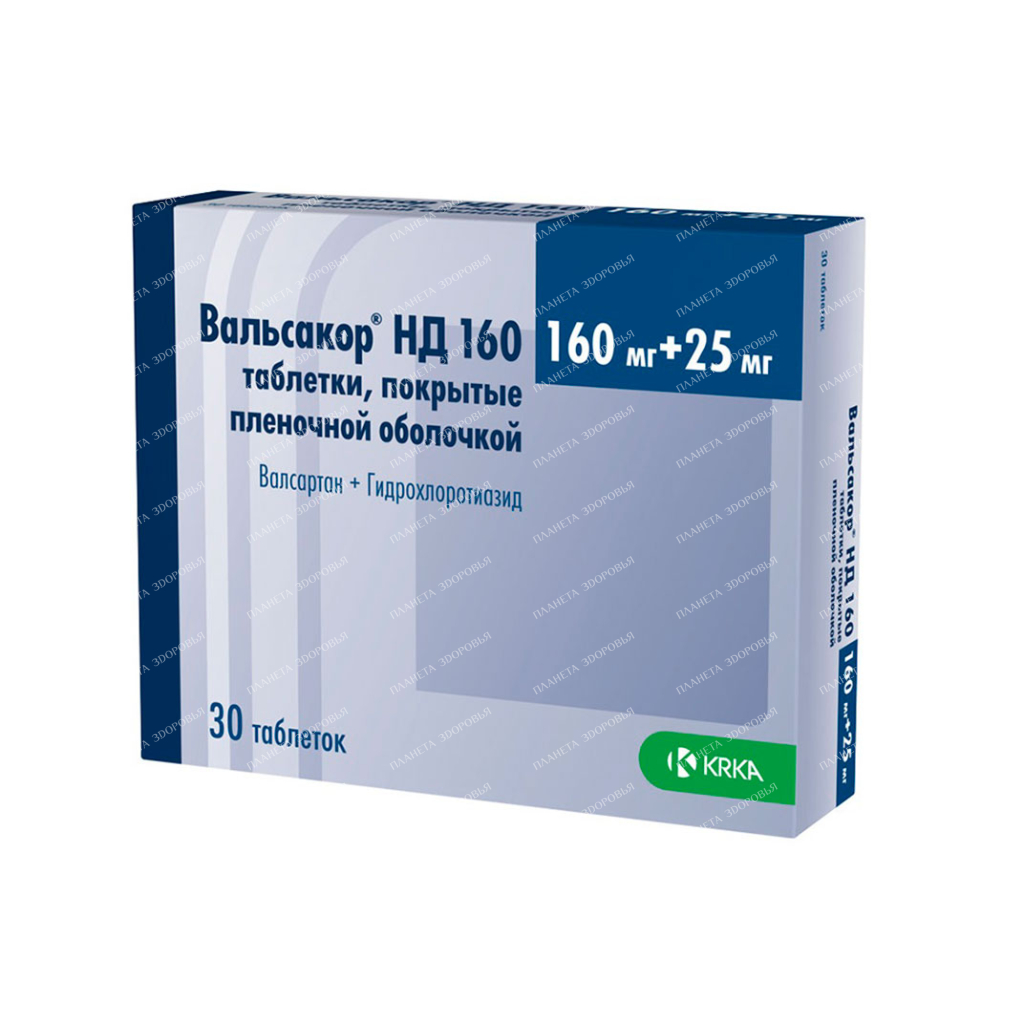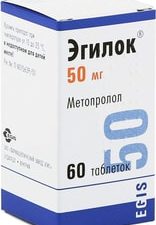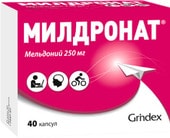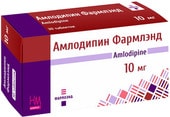Valsacor ND 160: Effective Blood Pressure Control for a Healthier You
Valsacor ND 160 is a combination medication containing valsartan and hydrochlorothiazide, specifically designed to effectively manage high blood pressure (hypertension) when single-drug therapy proves insufficient. This potent combination helps lower blood pressure, minimizing the risk of heart attack, stroke, kidney failure, and other serious health complications.
Understanding Valsacor ND 160:
- Valsartan: This angiotensin II receptor blocker relaxes blood vessels, reducing pressure on the heart and circulatory system.
- Hydrochlorothiazide: This thiazide diuretic promotes urine output, effectively lowering blood pressure.
Key Benefits:
- Comprehensive Blood Pressure Control: This powerful combination provides superior blood pressure control for those who don’t respond adequately to single-drug treatments.
- Reduced Risk of Complications: Effectively managing hypertension significantly lowers the risk of life-threatening cardiovascular events.
- Improved Heart Health: Lowering blood pressure reduces stress on the heart, contributing to improved cardiovascular health.
Important Information:
Do not take Valsacor ND 160 if you:
- Are allergic to valsartan, hydrochlorothiazide, other sulfonamides, or any ingredient in this medication.
- Are pregnant beyond three months.
- Have severe liver disease, biliary cirrhosis, or severe kidney disease.
- Do not pass urine (anuria).
- Are undergoing hemodialysis.
- Have low potassium or sodium levels, or high calcium levels that cannot be corrected.
- Suffer from gout.
- Have diabetes or impaired kidney function and are being treated with an aliskiren-containing blood pressure medication.
Talk to your doctor before taking Valsacor ND 160 if you:
- Are taking medications that increase potassium levels.
- Have low potassium levels.
- Experience diarrhea or severe vomiting.
- Take high doses of diuretics.
- Have heart failure.
- Have a narrowing of the renal artery.
- Have recently undergone a kidney transplant.
- Suffer from hyperaldosteronism.
- Have kidney or liver disease.
- Have experienced angioedema (swelling of the tongue and face) with other medications, including ACE inhibitors.
- Have fever, rash, and joint pain, which may indicate systemic lupus erythematosus (SLE).
- Have diabetes, gout, high cholesterol, or triglycerides.
- Have experienced allergic reactions to blood pressure medications or have allergies or asthma.
- Experience decreased vision or eye pain.
- Have had an allergy to penicillin or a sulfonamide.
- Have skin cancer or suddenly develop a skin lesion during treatment.
- Are taking any medications to treat hypertension, including ACE inhibitors or aliskiren.
How to Take Valsacor ND 160:
- Always take this medication as prescribed by your doctor.
- The usual dose is one tablet daily, taken in the morning.
- Swallow the tablet whole with a glass of water.
- You can take it with or without food.
- Do not change your dose or stop taking the medication without consulting your doctor.
Possible Side Effects:
- Some side effects may require immediate medical attention, such as angioedema (swelling of the face, tongue, or throat).
- Other common side effects include cough, low blood pressure, dehydration, muscle pain, fatigue, tingling or numbness, blurred vision, and noises in the ears.
Consult your doctor if you experience any side effects, including those not listed here.
Important Safety Information:
- Valsacor ND 160 is not recommended for pregnant women, especially beyond three months.
- Valsacor ND 160 is not recommended for breastfeeding mothers.
- Avoid alcohol while taking Valsacor ND 160.
- Valsacor ND 160 contains lactose. Inform your doctor if you have lactose intolerance.
- This medication may cause dizziness, affecting your ability to drive or operate machinery.
Keep Valsacor ND 160 out of reach of children. Store at room temperature, below 30°C, in the original packaging.
This information is not a substitute for professional medical advice. Please consult your doctor for any questions or concerns.
By adhering to your doctor’s instructions and making healthy lifestyle choices, you can effectively manage your blood pressure and live a healthier life.
| INN | VALSARTAN+HYDROCHLOROTHIAZIDE |
|---|---|
| The code | 134 854 |
| Barcode | 3 838 989 633 424 |
| Active substance | Valsartan, hydrochlorothiazide |
| Manufacturer | KRKA, d.d., Slovenia, Slovenia |
| Importer | IOOO "Interfarmaks", Republic of Belarus, 223028, Minsk region, Minsk district, Zhdanovichsky s / s, ag. Zhdanovichi, st. Zvezdnaya, 19A-5, pom. 5-2 |
Related products
Cardiovascular Health
 Free worldwide shipping on orders $99+
Free worldwide shipping on orders $99+  US: temporary delays — postal services aligning new import rules,
US: temporary delays — postal services aligning new import rules,  EU: 1–2 weeks,
EU: 1–2 weeks,  Worldwide: 1–4 weeks
Worldwide: 1–4 weeks 

